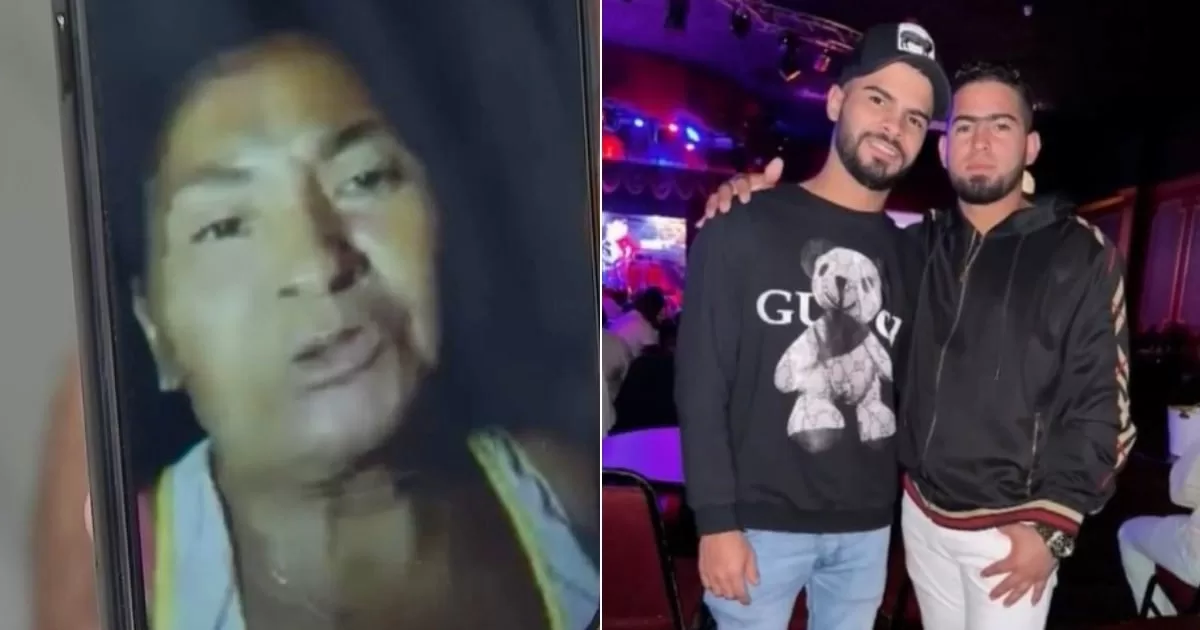CARACAS.- The decisions within the National Electoral Council (CNE) They cannot be taken unilaterally by any of the main members of this body; It is a duty, according to the law, that the proposal, idea or consultation be submitted to the vote of at least three of its directors, the NGO stated. Venezuelan Electoral Observatory (OEV) in a recent newsletter.
The NGO’s reference occurs after one of the main rectors of the CNE Juan Carlos Delpino denounced through the media that the president of the Venezuelan electoral body, Elvis Amoroso, has not convened the board of directors since last March and that he takes decisions unilaterally, including withdrawing the invitation to the European Union (EU) electoral observation mission.
“In no way the president of the CNE can make unilateral decisions; On the contrary, it must call ordinary and extraordinary sessions and direct these debates, in accordance with the corresponding regulations. The president’s vote weighs the same as that of any other rector, this seeks to favor plurality and equality of conditions among members,” the OEV indicated in the text of bulletin 127.
In addition, he explained that according to article 14 of the Organic Law of the Electoral Power, “a minimum of three electoral rectors” is necessary for the operation of the CNE “and the decisions of the body must be made with the favorable vote of at least three of its members, except in cases where the law requires four votes”.
Days ago, Delpino denounced that Amoroso “has made decisions without calling a session since March,” according to what he told the Cocuyo Effect portal.
“The CNE is a collegiate body and I have the right to vote, save my vote and reason it, and to assert the right of all candidates,” he added.
Likewise, the rector indicated that The last time the body met was on March 26 when it was decided that the Unity (MUD) and Un Nuevo Tiempo cards would be the ones authorized to nominate the candidate of the Democratic Unitary Platform (PUD).
In that sense, the OEV highlighted that “the statements of the principal rector Juan Carlos Delpino raise questions about the independence with which the Electoral Power makes its decisions and the functioning it should have as a collegiate body.”
And he noted that “there is concern that the climate within the National Electoral Council (CNE) is not the most conducive to organizing elections that are so decisive for the future of Venezuelans, such as the presidential elections on July 28.”
Source: EDITORIAL / Cocuyo Effect


